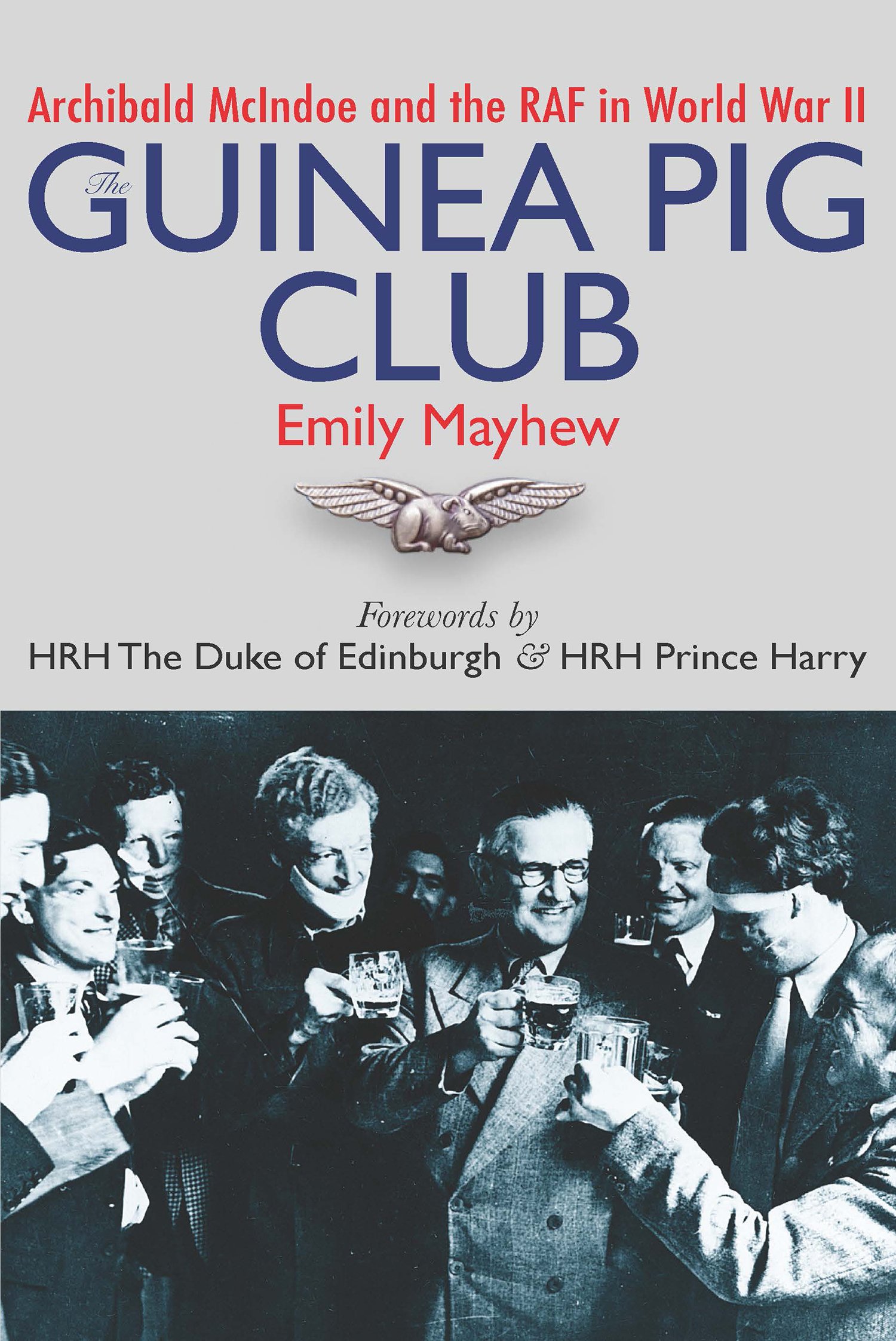Guinea Pig Club
'This book speaks to two of the most diametrically opposed yet mutually supportive aspects of war: the ability to inflict horrific injury and the ability to heal Mayhew is to be commended on an outstanding addition to expanding our knowledge of an ar...
Read more
'This book speaks to two of the most diametrically opposed yet mutually supportive aspects of war: the ability to inflict horrific injury and the ability to heal Mayhew is to be commended on an outstanding addition to expanding our knowledge of an area rarely discussed by historians. Her book should be mandatory reading for all defence members (both civilian and military) and on everyone's history shelf. This book is highly recommended.' Airforce MagazineThe history of the Guinea Pig Club, the band of airmen who were seriously burned in aeroplane fires, is a truly inspiring, spine-tingling tale.Plastic surgery was in its infancy before the Second World War. The most rudimentary techniques were only known to a few surgeons worldwide. The Allies were tremendously fortunate in having the maverick surgeon Archibald McIndoe nicknamed the Boss or the Maestro operating at a small hospital in East Grinstead in the south of England. McIndoe constructed a medical infrastructure from scratch.After arguing with his superiors, he set up a revolutionary new treatment regime. Uniquely concerned with the social environment, or holistic care , McIndoe also enlisted the help of the local civilian population. He rightly secured his group of patients dubbed the Guinea Pig Club an honoured place in society as heroes of Britain s war. For the first time official records have been used to explain fully how and why this remarkable relationship developed between the Guinea Pig Club, the RAF and the Home Front.First-person recollections bring to life the heroism of the airmen with incredible clarity.This is a revised and expanded edition with new material, including a foreword by HRH Prince Harry, published to tie in with a major new film expected to be released in late 2018.
Less
